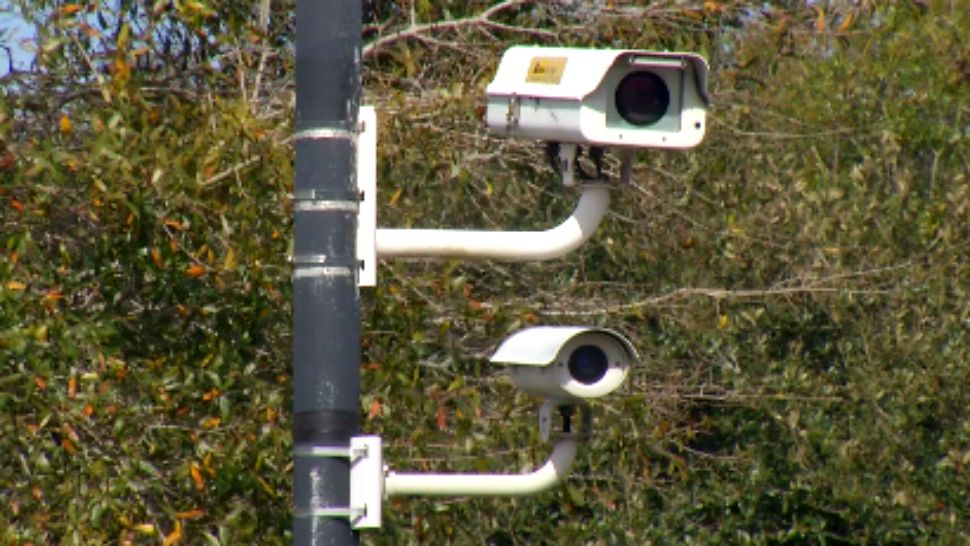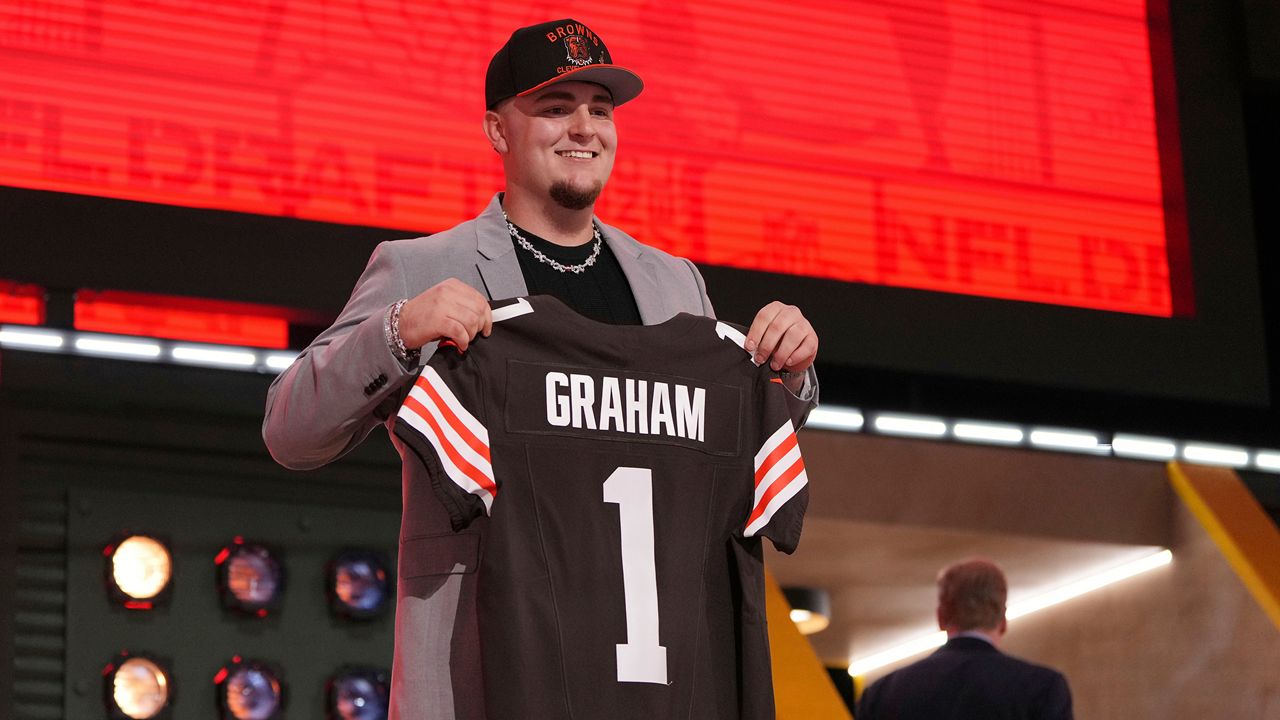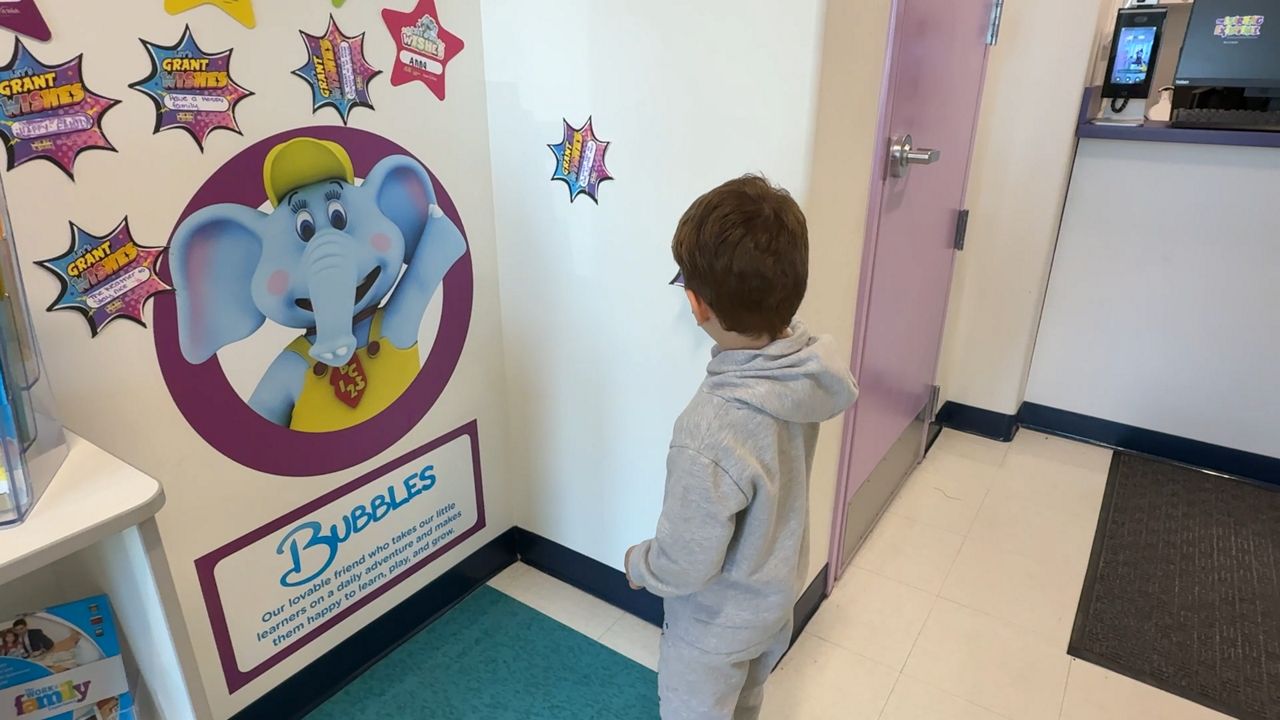COLUMBUS, Ohio — The Ohio Supreme Court heard arguments on Tuesday involving Cleveland's now defunct traffic camera program, which enforced red-light and speed violations.
The cameras captured the license plates of cars going through red lights or speeding, which would prompt the city to send out a fine. The plaintiffs argued that the ordinance called on the fines to be sent to the vehicles’ owners, but that those fined were not always the owners of the vehicles, and merely the leasees.
The case before the Supreme Court is whether drivers could seek camera-ticket refunds without a hearing to contest the citation.
A lower-level court ruled in favor of the plaintiffs and issued a $4.1 million class-action award from the city of Cleveland, which the city appealed to the state’s high court. The case has been circulating through the lower courts since 2009.
The city of Cleveland argued that owners could appeal the ruling to the city. The city said by paying the fines, they accepted the responsibility for the car either being caught speeding or continuing through a red light.
“The plaintiffs had the opportunity and they waved that opportunity, but they did participate in the administrative appeal process by way of paying the $100 fine,” said Gary Singletary, attorney representing the city of Cleveland.
When pressed on what would have happened if a car owner appealed the fine to the city, Singletary said, “the administrative hearing officer would have probably rejected the defense for being a nonowner.”
The next step would have been to appeal the fine to the Court of Common Pleas.
But taking the case to court, the plaintiffs’ attorney Paul Flowers argued, would be an expensive and time-consuming proposition.
“It took a lawyer getting cited who was willing to go through two years of (appeal) litigation,” Flowers said. “It was very vigorously contested by the city’s attorneys. You can’t do one of these without a lawyer which by itself would cost thousands of dollars. That’s money you don’t get back.”
He argued that going through the courts to contest a traffic fine is not an “effective remedy.”
Flowers added that if those being fined appealed, the city would send the fine to collections, and the cost of the fine would gradually increase about $100.
“They are systematically discouraging anybody from doing anything other than sending in a check,” Flowers said.
The Ohio Supreme Court ruled last year that appeals for violations caught on traffic cameras must go to municipal court and not an administrative court.
The Ohio Supreme Court did not issue a ruling following Tuesday’s hearing. A ruling could take weeks or months.









